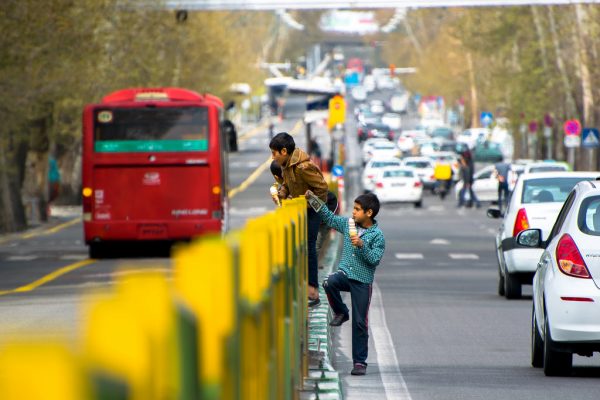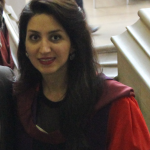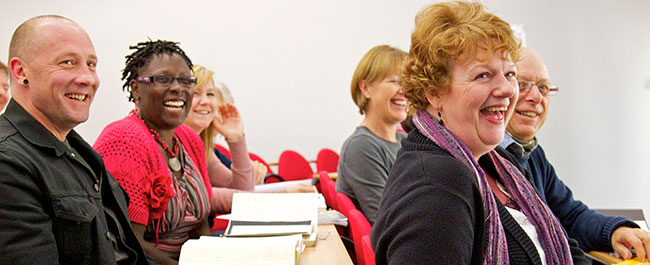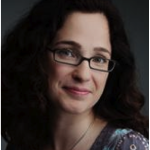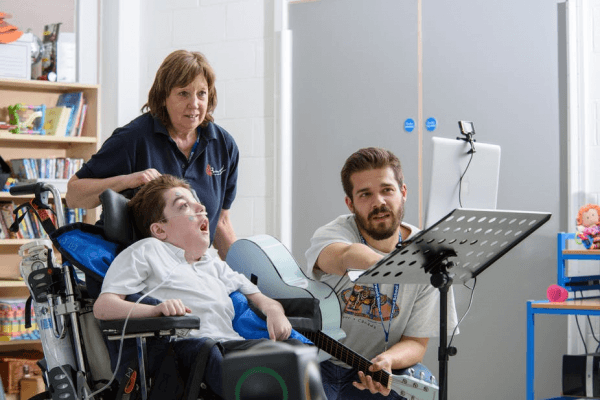
Thomas from St Roses School, Stroud, playing the Clarion, an instrument designed for people with learning disabilities. Laura Naylor, Author provided
Val Williams, University of Bristol
People with learning disabilities can often find themselves feeling excluded when it comes to making decisions about their lives. This can range from everything, from shopping to making music or even bringing up a baby. Sometimes this exclusion can be exacerbated by the kind of support that they receive from social services – but it can also be countered by sensitive personal assistance or support. Continue reading

